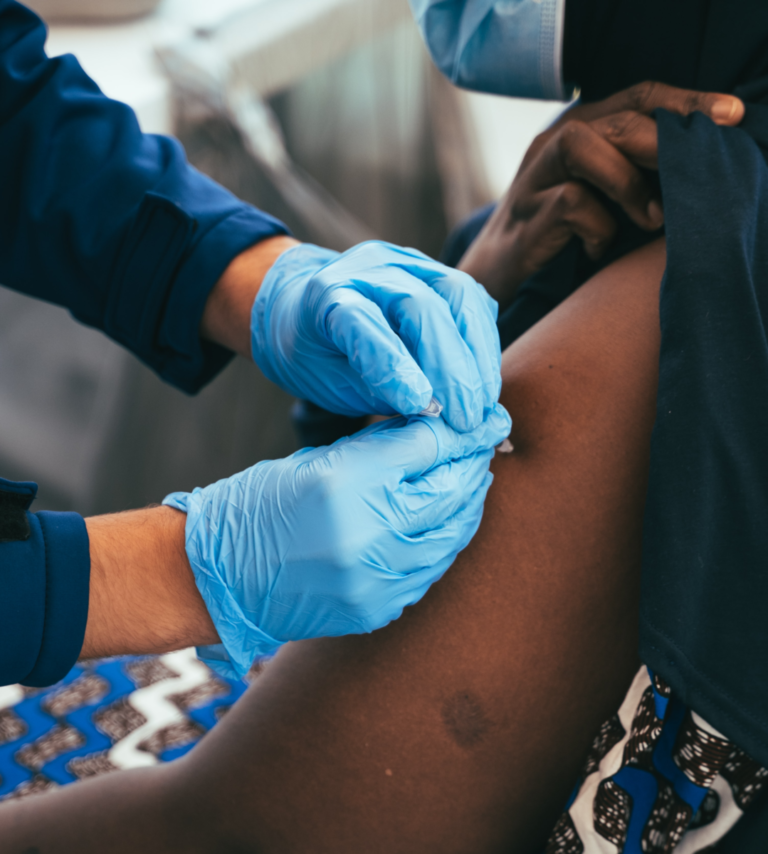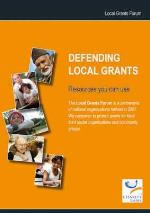Major global foundations urge G7 to end unfair COVID-19 vaccine supply

As the Omicron COVID-19 variant spreads, some of the world’s leading charitable foundations have together called on G7 countries and multinational pharmaceutical companies to live up to their pledges to supply vaccines to low-and-middle income countries.
The Global Alliance of Foundations is calling on G7 countries under U.K. and incoming German leadership to make good on earlier commitments and “aim even higher” to ensure that countries in the Global South have the means to buy, administer, and quickly produce their own vaccines.
They are also urging countries to refrain from “imposing unreasonable travel bans that penalise countries that shared early warnings about this new variant in the name of global health security”.
Advertisement
The philanthropic organisations point out that countries are failing to meet the World Health Organisation’s goal of vaccinating 40 per cent of every country’s population by the end of 2021.
Less than seven per cent of Africa’s population is fully vaccinated, and the global death toll has grown to more than five million.
Virus mutations
They argue that the longer the world takes to deliver vaccine equity, the more we allow COVID-19 to mutate and become more dangerous. “Vaccine nationalism” is, they say, a short-sighted approach that is self-defeating and puts us all at risk.
Actions to take
Specifically the foundations are calling on global leaders to do everything in their power to accelerate the sharing of intellectual property and technology transfer to allow additional manufacturers to reproduce COVID-19 vaccines in low- and middle-income countries.
In partnership with the African Vaccine Acquisition Trust (AVAT), the Africa Centres for Disease Control and Prevention, and COVAX, the group calls for countries with excess doses to “stop hoarding and donate those supplies now”, and to continue to donate future excesses as soon as they become available.
The group stated:
“Donations to COVAX, AVAT, and African countries must be made in a way that allows their governments to mobilise their resources in support of equitable distribution and enables both short- and long-term planning.”
The Global Alliance of Foundations also called on leaders to plan for future pandemics. “We must do better” they say. “If we are to address collective global crises, whether COVID, climate, or economic recovery, we need ambitious and urgent reform of the multilateral architecture, including an emphasis on strengthening localised capacity and resilience to deliver a just, green, and inclusive recovery.”
Their statement said:
“COVID-19 is not a one-off emergency. This variant will be followed by others, and by new pandemics. This brings home the need for structural global pandemic preparedness and response; effective surveillance and global early warning systems for emerging diseases and new variants; an upscale in local systems’ delivery capacity; medicines manufacturing capacity taken out of the hands of the few and expanded to each continent; global responses based on solidarity, equity, and the understanding of mutual interest; and adequate financing to support all countries in effective response.”
The statement was signed by:
- Peter Laugharn, President, Conrad N. Hilton Foundation
- Darren Walker, President, Ford Foundation
- Boichoko Ditlhake, Head, Civil Society Support, Kagiso Trust
- Dr. Rajiv J. Shah, President, The Rockefeller Foundation
- Kate Hampton, CEO, Children’s Investment Fund Foundation
- Mo Ibrahim, Founder and Chair, Mo Ibrahim Foundation
- Mark Malloch-Brown, President, Open Society Foundations
- James Holt, Executive Director, Archewell Foundation
More on vaccine fundraising
- COVID-19 results in public sitting on £50 million in loose change (3 September 2021)
- VaccinAid fundraising campaign aims to protect two billion worldwide from COVID-19 (23 March 2021)
- Oxford’s vaccine research development receives £3.3m from Said family (18 November 2020)




